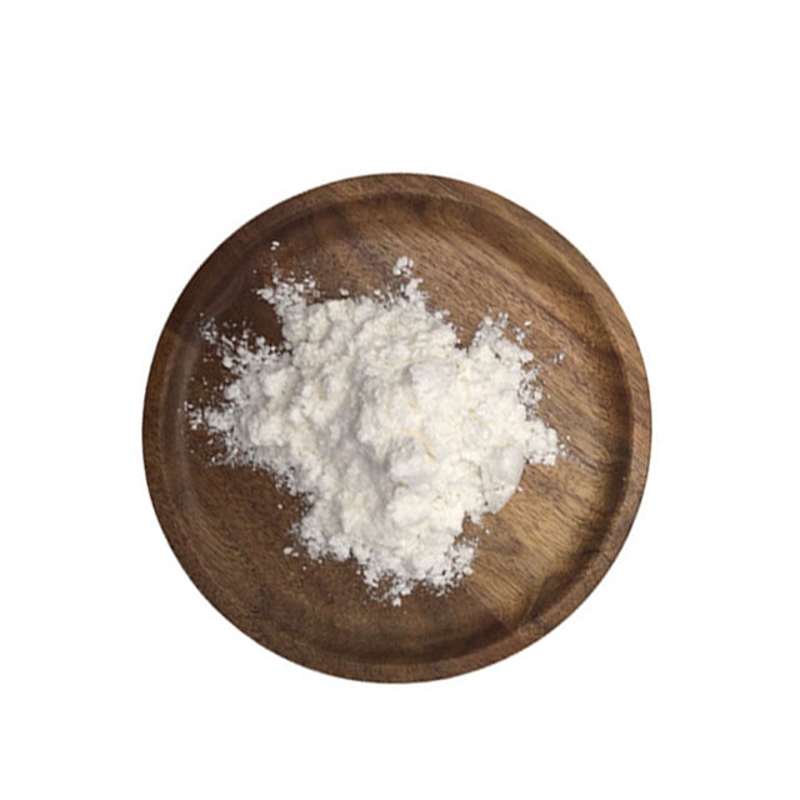-
Categories
-
Pharmaceutical Intermediates
-
Active Pharmaceutical Ingredients
-
Food Additives
- Industrial Coatings
- Agrochemicals
- Dyes and Pigments
- Surfactant
- Flavors and Fragrances
- Chemical Reagents
- Catalyst and Auxiliary
- Natural Products
- Inorganic Chemistry
-
Organic Chemistry
-
Biochemical Engineering
- Analytical Chemistry
- Cosmetic Ingredient
-
Pharmaceutical Intermediates
Promotion
ECHEMI Mall
Wholesale
Weekly Price
Exhibition
News
-
Trade Service
In fact, the gastrointestinal contents into the esoesoery is what we often say gastroesoesoes reflow is a normal physiological process.
seizures are short and do not cause symptoms, eso or other complications.
, however, there is a group of people who have frequent gastroesophic reflow that causes visible damage to the esophdoal esophuse and causes a range of symptoms.
these typical symptoms, such as heartburn and reflow-related symptoms.
heartburn is most common after meals and is usually the burning sensation in the area behind the chest bone.
if you experience mild symptoms two or more days a week, or moderate to severe symptoms more than one day a week, intervention is required.
are the incentives for this to happen? In fact, our daily drinks are good to induce such a phenomenon.
who regularly drink coffee, tea and/or soda develop symptoms of gastroesoesus reflow (GER), this study aims to look at this.
researchers collected data from a team of 48,308 women aged 42-62 who had no regular GER symptoms, no cancer, and no proton pump inhibitors or H2-subjected agitants.
the association between beverage intake and GER symptom risk using a multi-Cox proportional risk model.
follow-up period of 262,641 people, the researchers identified a total of 7,961 women who reported GER symptoms once or more per week.
after multivariate adjustment, the risk ratio (HRs) for women with the highest intake per drink (greater than 6 servings per day) was 1.34 (95% CI, 1.13-1.59) compared to women with the lowest intake per beverage (0 servings/day); P.lt.0001), tea 1.26 (95%CI, 1.03-1.55; P Trend .001), soda 1.29 (95%CI, 1.05-1.58; P trend .lt;.0001).
consumption of milk, water or juice was not associated with the risk of GER symptoms.
in an alternative analysis, replacing 2 servings of coffee, tea or soda with 2 servings of water per day may reduce the risk of GERD symptoms.
study confirmed that eating coffee, tea or soda was associated with an increased risk of GER symptoms.
, drinking water, juice or milk was not associated with GER symptoms.
drinking water instead of coffee, tea or soda can reduce the risk of GER symptoms.
.







